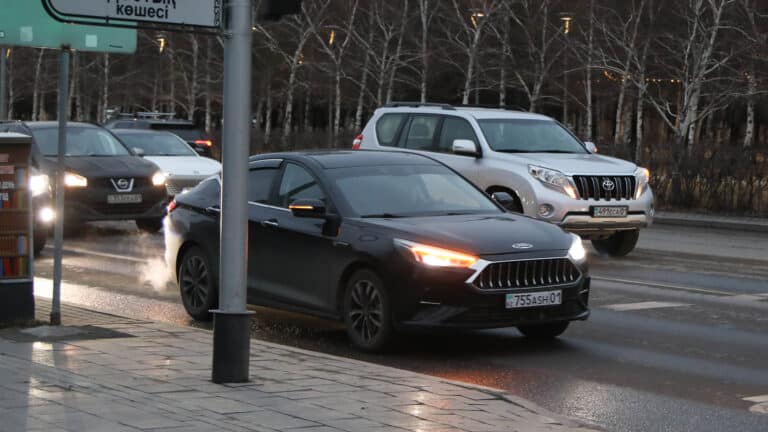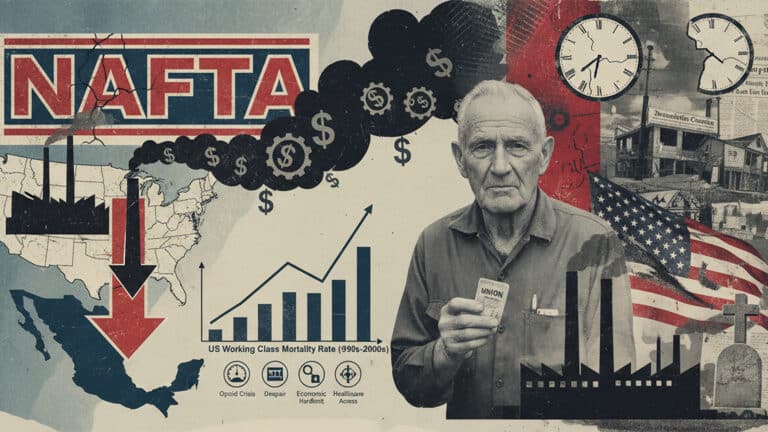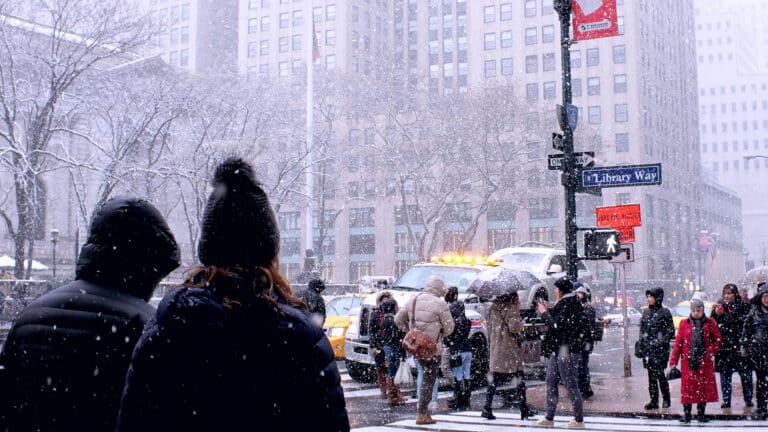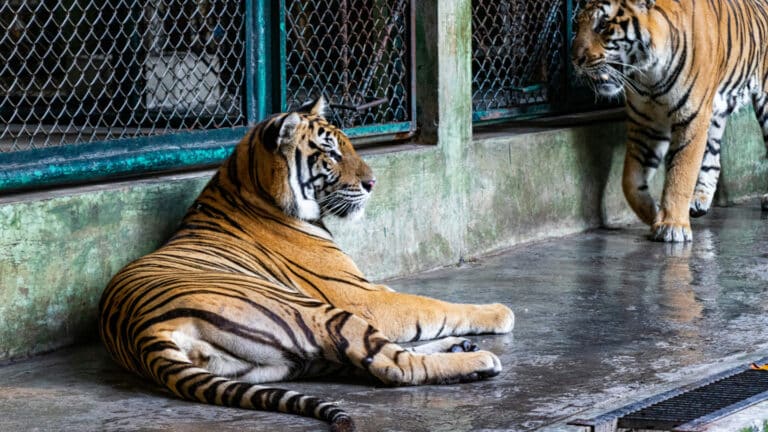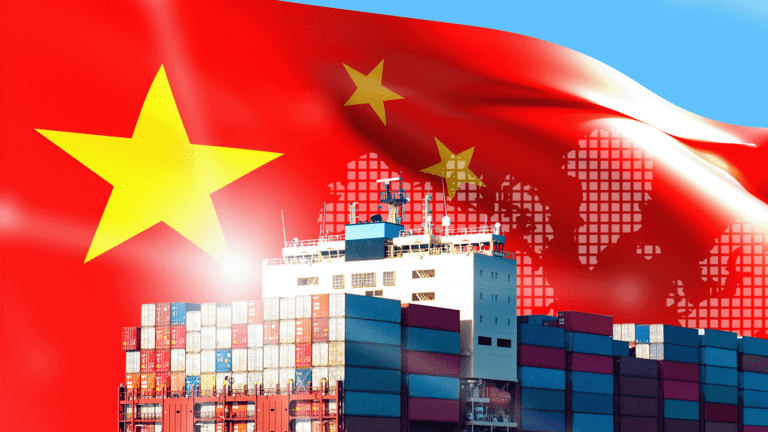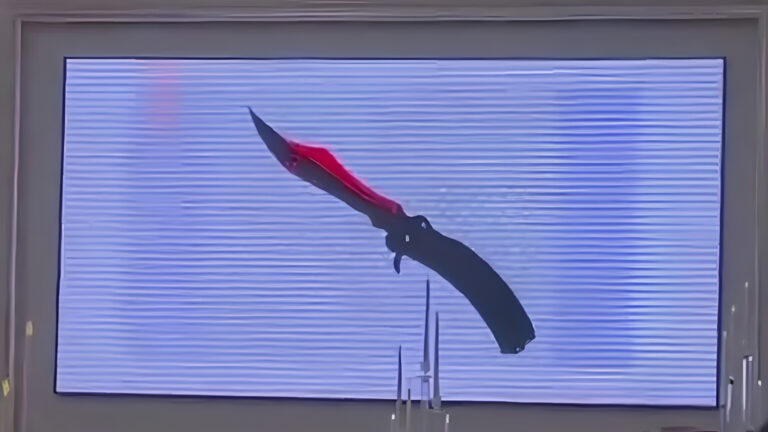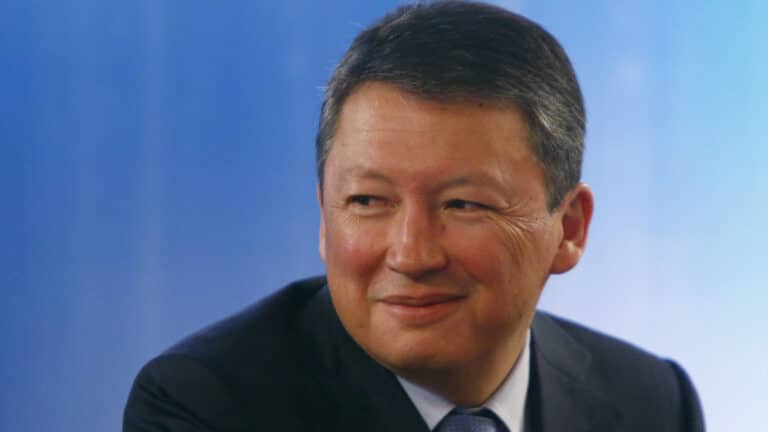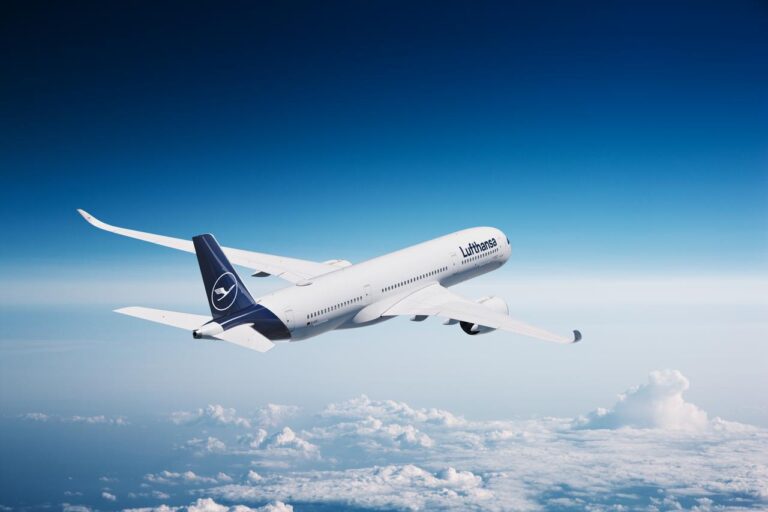During his official visit to the Abai region, Kazakhstan’s President Kassym-Jomart Tokayev touched on the risk of nuclear war. He said that the current geopolitical tensions have almost reached their peak, very dangerous situation for the whole world.
The president reminded the audience that even though it has been 33 years since the last nuclear test at the Semipalatinsk nuclear test, locals still suffer from the consequences of those explosions during the Cold War.
«Nuclear energy is a great achievement for humankind that must facilitate the welfare of people and countries. This kind of energy mustn’t be a tool to pursue geopolitical goals,» Tokaeyev said.
He also highlighted that Kazakhstan has always acknowledged only one way of solving problems: negotiations. The country aims to search for win-win solutions and make compromises in order to strengthen global security and trust between different countries. This is what people need to get progress for all.
«It’s obvious that the modern system of international relations, the world order has been going through tough times and consequences of this process might be fatal for all countries. The only option available now is for each country to understand its responsibility to the future of humankind and to respect the principles of the international law and interests of other nations,» President Tokayev stated.
Kazakhstan is a long-standing supporter of the nuclear weapon non-proliferation regime. Also, the country is eager to promote the Comprehensive Nuclear-Test-Ban Treaty across the world.
During Soviet times Kazakhstan was a place for massive nuclear tests. Over the period from 1949 to 1989, more than 500 ground and underground nuclear explosions were conducted here. On August 29, 1991, the test site was officially closed by the government of Kazakhstan.
Between 1996 and 2012, Kazakhstan in conjunction with the U.S. and Russia gathered and disposed of about 200 kilograms of plutonium dispersed on the test site of 18,500 square kilometers.

